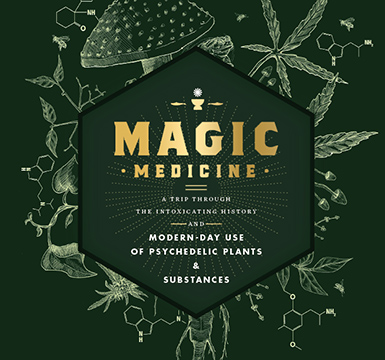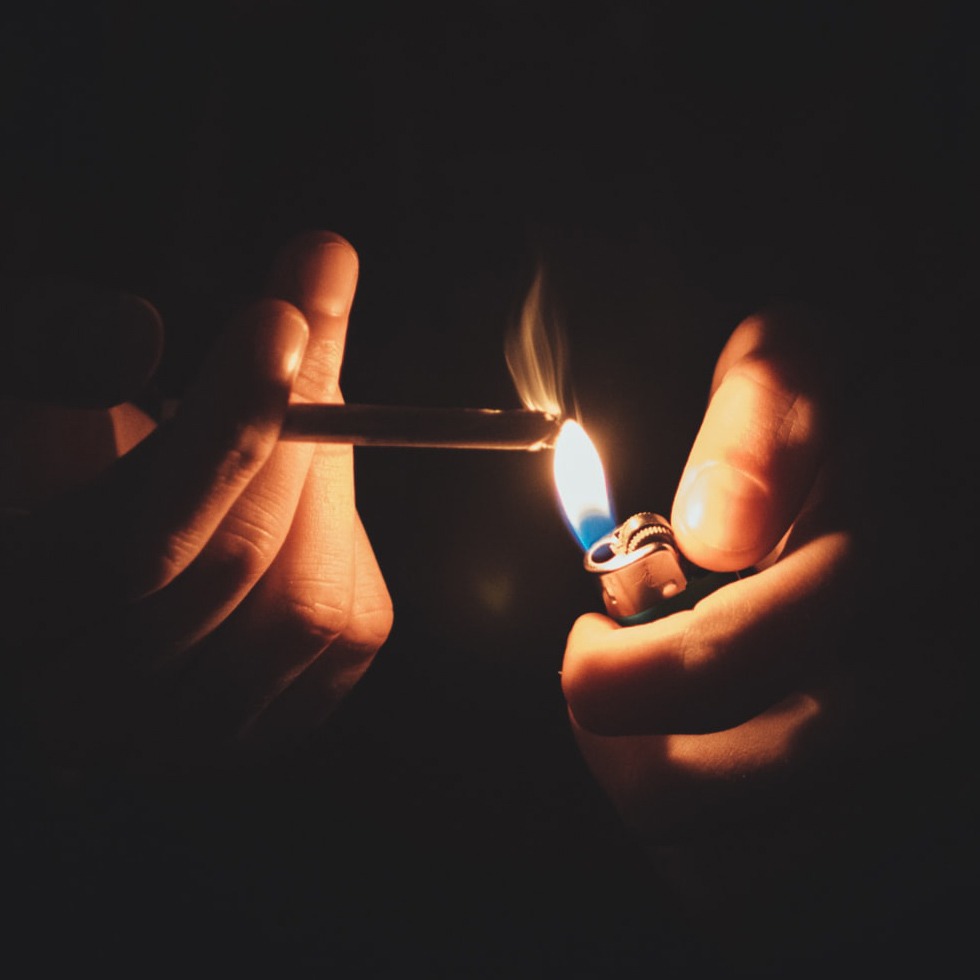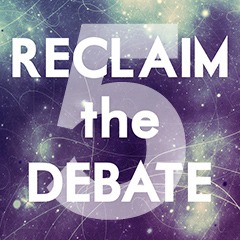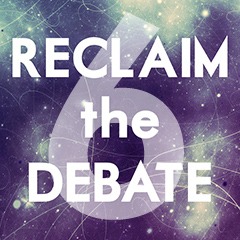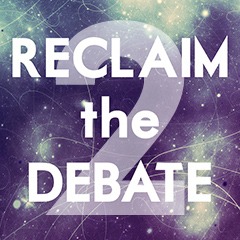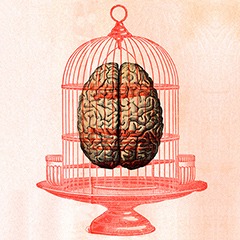This is the fourth in a six-part series about how the Prohibition debate is tainted by our assumptions and prejudices. You can check out Parts 1, 2, and 3, but they are not necessary for understanding this post.
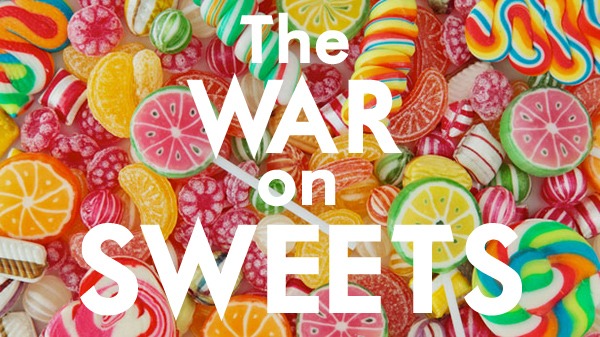
We often focus on what would happen if cannabis were legalized. This is a terrible way to frame the debate. It’s worthwhile to consider the effects of any legislative act, of course, but we focus way too much on societal effects and not enough on human rights. We consider the ends at the expense of the means.
An example will illustrate my point. Suppose a society outlaws unhealthy foods and mandates exercise from every citizen under threat of imprisonment. (Suspend your skepticism and assume for the moment that a majority of citizens would support this legislation.)
Given enough time, even gross violations of human rights can seem normal.
Forty years later, this is the new normal: some people are healthier, but obesity and heart disease remain major problems due to rampant illegal snacking. And individuals are less free – everybody desires a cheesecake now and then, and those caught indulging are sent to the slammer (mostly people of color, due to systematic discrimination in both the laws and their enforcement). Personal decisions of diet and lifestyle have been seized by the state, and caloric dissidents are treated more harshly than thieves and killers. A thriving black market for desserts and fatty snacks emerges, and like any black market it introduces violence and unregulated goods into society. The CEA, or Calorie Enforcement Administration, is kept very busy and well-funded by the War on Sweets.
Middle-class white Americans are mostly unaffected by this raging war, so they remain split between righteous support and apathy.
A group of disgruntled citizens band together in a movement to “legalize” unhealthy foods. From an outside perspective, this is just a movement to stop punishing people for making decisions about their own bodies, and return to a system that respects the rights of the individual. But for those who grew up in this regime, “legalization” is highly disruptive. Only the old-timers can even remember when people were allowed to eat freely without the threat of imprisonment. Opponents cry that the legalization supporters want to derail society by introducing the toxic demons of sugar and oil (as though these are not already widely available on the black market). They argue that if sweets are legalized, people will become even more fat and sedentary than they already are. Someone cries, “But think of the children!”
Forty years after it was introduced, Prohibition has gained such momentum that it is seen as normal and necessary, and any opposition is viewed as a threat to the status quo.
Let’s take a step back. The “legalizers” don’t want to derail society, but to empower individuals to make their own decisions without getting jailed. They believe that the state has no business telling people what to eat, or how to run their lives. The government, they argue, should be limited to protecting us from abuses by others, not protecting us from ourselves.

Public enemy number one.
They point out that society is not healthier under Prohibition – just look at the millions of people convicted of unlawful snacking, many of whom are now in jail, bankrupt, or permanently unemployable because of their criminal record. But nobody really cares about them – they’re “just calorie abusers,” and they got what they asked for. Besides, the ones getting caught are poor minorities—the calorie enforcers don’t bother to patrol white, affluent neighborhoods. Since middle-class white Americans are mostly unaffected by this raging war, they remain split between righteous support and apathy.
It’s hard to argue with the prohibitionists. Anyone who stands against them gets ostracized, and politicians cannot get elected without demonstrating a “tough on calories” attitude. It’s understandable—people fear change, even change that empowers the individual. And the “calorie abusers” are an easily demonized social group. Forty years after it was introduced, Prohibition has gained such momentum that it is seen as normal and necessary, and any opposition is viewed as a threat to the status quo. The legalization platform fails to gain support, unhealthy foods remain illegal, and the legalizers are marginalized as an eccentric and dangerous minority.
Do the ends of a healthier society justify the means of oppression and human rights violations?
Put another way, the prohibitionists support the ends without considering the means. The supposed ends of dessert prohibition are desirable – a healthy society, rid of obesity and heart disease. But the means are not so pretty – individuals must be robbed and kidnapped for possessing just a teaspoon of sugar. Throw in discriminatory enforcement and it becomes even worse. The question is not, should this society legalize desserts and sedentary living? The question is: do the ends of a healthier society justify the means of oppression and human rights violations? And that’s if the War achieves its aims—which it doesn’t.
Let’s switch back to the War on Drug Users. The divergence in opinions on drug prohibition often boils down to different views of government (and more importantly, as I will explain, on people’s inability to follow basic assumptions to their logical conclusions). Ask yourself, what is government’s role? Is government charged with making society as healthy and productive as possible, by any means necessary? Or is government responsible for protecting our individual human rights, and empowering us to make our own decisions with minimal interference? Put another way, is the government justified in protecting you from yourself, or not?
Prohibition decreases the health and wealth of society. In spite of the billions of dollars poured into it, it achieves the exact opposite of its purported goal.
But here’s a surprise. If you examine the issue critically, it doesn’t really matter which assumption you start with. Even “nanny state” supporters who believe that government is responsible for maximizing the safety and health of its citizens, no matter how much coercion is required, ought to side against Prohibition. After all, Prohibition maximizes the harms associated with drug use, and no evidence suggests that it has reduced the prevalence or popularity of drugs in the last forty years. Through drug impurities, dirty needles, gang violence, swollen prison populations, discriminatory and costly enforcement, and in many other ways, the War on Drug Users diminishes the health and wealth of society. In spite of the billions of dollars poured into it, Prohibition achieves the exact opposite of its purported goal.
So even the supporters of safety and security will, if they are thinking clearly, conclude that Prohibition is undesirable. Champions of liberty and human rights will come to the same conclusion, but for different reasons. So prioritizing security above liberty does not explain anyone’s support of Prohibition—one must prioritize security above liberty and ignore all evidence of the policy’s countless harms to society. I cannot explain how either side could support the War on Drug Users, then, except as an artifact of sloppy and uncritical thinking.
Continue to Part 5 — Cognitive Liberty.
Liked this post? Subscribe to my RSS feed to get much more!

